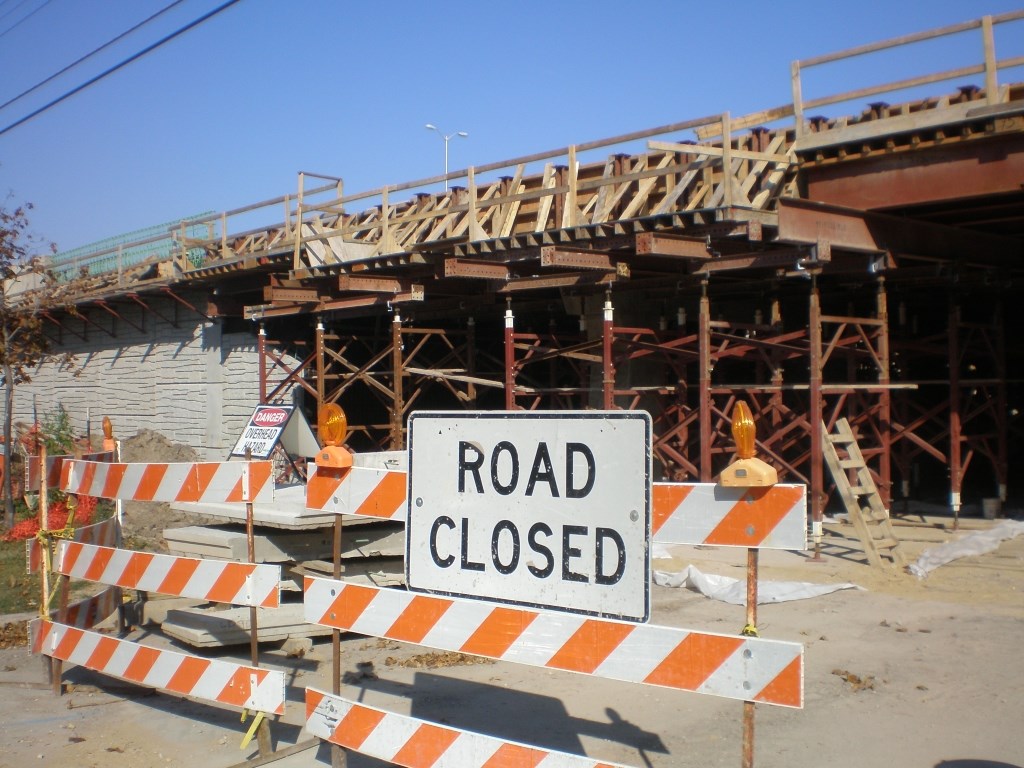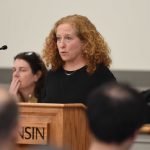Evers Is Fixing Our Roads and Bridges
In 2020 Transportation Department completed 375 projects in all corners of the state.
Governor Tony Evers ran on a promise to repair our deteriorating roads, bridges and other transportation infrastructure. The Governor made good on that promise by investing the greatest amount of new transportation spending in a generation. And that funding is being put to good use, helping the state, counties, municipalities and towns repair bridges and resurface roads from Marinette County in the northeast to Grant County in the southwest, and everywhere in between.
In 2020, we completed 375 projects in all corners of the state, staying on schedule during the pandemic. In fact, due to decreased traffic, we were able to finish many of these projects ahead of schedule and under budget.
Consequently, most spending in the proposed transportation budget is maintained at current levels. However, that doesn’t mean we are standing still. Wisconsinites will continue to depend on our transportation system more than ever before – not only to perform the daily activities of life, but to provide the springboard for our economic recovery.
For the second straight budget, Governor Evers’ administration prioritizes fixing what we have. The State Highway Rehabilitation Program, which provides funding for the state to repair our two-lane state highways and bridges, receives an increase of approximately $19 million in the biennium, and general transportation aid is up two percent in both 2022 and 2023.
In 2020, counties, towns and cities expressed high praise for the Multimodal Local Supplement program for its flexibility and lack of red tape, which helped more communities fund vital local projects. That’s why we’re glad to see Governor Evers propose $75 million for this program in his budget. Without this initiative, the Multimodal Local Supplement program and its flexibility won’t exist.
The governor’s proposed budget also responds to the transportation needs of people and businesses that depend on mobility options other than roads and private vehicles. It increases funding for local transit systems, creates a $10 million fund for replacement of buses and makes it easier for transit systems to expand their boundaries and serve more people. There is no greater barrier to employment than not being able to get to work reliably.
This budget will help grow Wisconsin’s economy by providing transportation options that support businesses throughout the state and will attract the next generation of workers. It includes grants to improve Wisconsin’s harbors which open new markets for agricultural exports and supports waterborne freight. Provisions like support for electric vehicle charging stations and funding for critical infrastructure will address climate change by reducing Wisconsin’s carbon footprint.
While the budget does include a modest increase in bonding to continue the progress we are making, bonding for transportation in Wisconsin is still at historic lows compared to previous administrations
The pandemic has changed our lives in many ways. What hasn’t changed is our reliance on a safe, efficient and accessible transportation system. The proposed 2021-2023 budget makes smart spending decisions while continuing to repair the transportation system that will move our Wisconsin economy forward.
Craig Thompson, Secretary-designee of the Wisconsin Department of Transportation
If you think stories like this are important, become a member of Urban Milwaukee and help support real, independent journalism. Plus you get some cool added benefits.
Op-Ed
-
Wisconsin Candidates Decry Money in Politics, Plan to Raise Tons of It
 Dec 15th, 2025 by Ruth Conniff
Dec 15th, 2025 by Ruth Conniff
-
Trump Left Contraceptives to Rot; Women Pay the Price
 Dec 8th, 2025 by Dr. Shefaali Sharma
Dec 8th, 2025 by Dr. Shefaali Sharma
-
Why the Common Council’s Amended Budget is Good Policy for Milwaukee
 Nov 20th, 2025 by Alds. Marina Dimitrijevic and Russell W. Stamper, II
Nov 20th, 2025 by Alds. Marina Dimitrijevic and Russell W. Stamper, II
Transportation
-
Congestion Pricing Cuts Air Pollution in New York City
 Dec 14th, 2025 by Jeff Wood
Dec 14th, 2025 by Jeff Wood
-
FTA Tells Milwaukee to Crack Down on Fare Evasion — Even Where Fares Don’t Exist
 Dec 12th, 2025 by Graham Kilmer
Dec 12th, 2025 by Graham Kilmer
-
Will GOGO’s Bus Service Ever Get Going?
 Dec 9th, 2025 by Jeramey Jannene
Dec 9th, 2025 by Jeramey Jannene





















